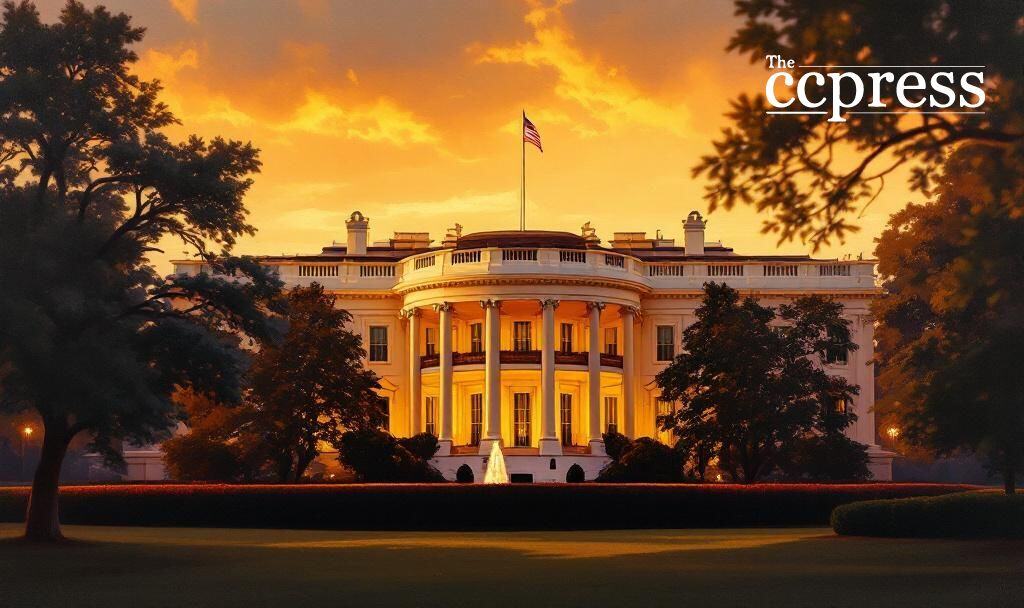- White House examines IRS rules for U.S. citizens’ overseas crypto reporting.
- Potential impact on crypto compliance and IRS reporting practices.
- Proposal excludes DeFi transactions from new reporting requirements.
The White House is reviewing a proposed IRS rule to report U.S. citizens’ overseas cryptocurrency holdings, in line with joining the international Crypto-Asset Reporting Framework (CARF).
This review aims to enhance tax compliance, potentially impacting global cryptocurrency transparency and prompting compliance measures without altering current U.S. crypto tax classifications.
The White House is reviewing a proposal by the IRS to include U.S. citizens’ overseas cryptocurrency holdings under the international Crypto-Asset Reporting Framework. This move aims to enhance compliance and combat tax evasion.
The proposal involves the White House, U.S. Department of the Treasury, and the IRS. The IRS plans to enforce new reporting requirements, while maintaining crypto’s classification as property for tax purposes.
“Despite the Genius Act and the Clarity Bill, crypto remains classified as property for tax purposes,” remarked a Regulatory Expert from Green Trader Tax.
The proposal targets U.S. citizens with digital assets on foreign platforms, impacting popular cryptocurrencies such as BTC, ETH, and stablecoins. There is concern within the industry regarding increased compliance obligations.
The plan aims to align U.S. reporting with global standards, potentially increasing governmental oversight over foreign-held digital assets. However, DeFi protocols will not face new requirements under the current framework.
A White House Official stated, “CARF rules should not impose any new reporting requirements on decentralized finance (DeFi) transactions,” source.
Regulatory scrutiny may prompt increased withdrawal activities or migration to self-custody by U.S. crypto holders. Historical precedents show temporary market reactions to similar policy announcements.
The proposal mirrors the OECD’s Common Reporting Standard and may influence future crypto regulatory landscapes, possibly adjusting tax status or creating new classifications for digital assets.
| Disclaimer: The content on The CCPress is provided for informational purposes only and should not be considered financial or investment advice. Cryptocurrency investments carry inherent risks. Please consult a qualified financial advisor before making any investment decisions. |
